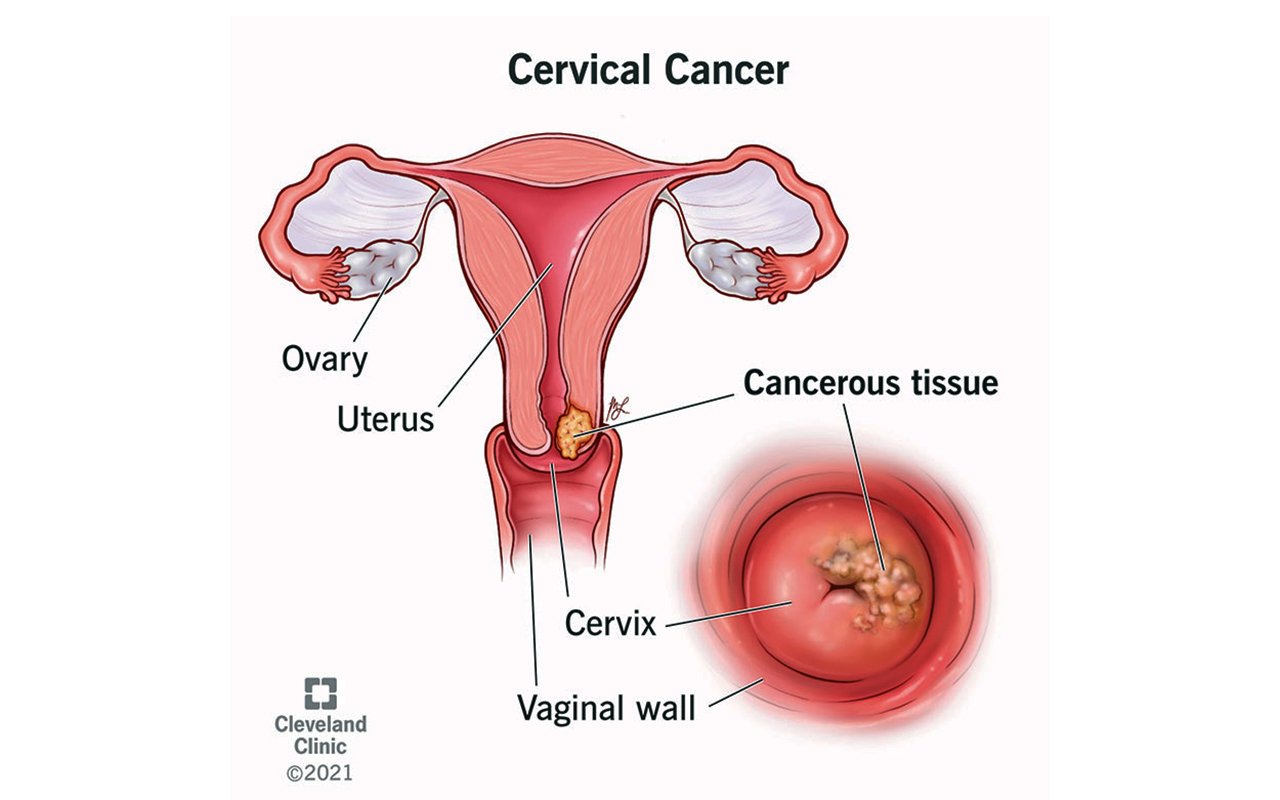Is Pastor Kayanja better than a witchdoctor?
The Baganda have a saying that goes like this: “Oli mulimba nga jjembe; liri buziizi, ne ligamba nti liva Buvuma”
Roughly, in translation, the adage compares a brazen liar to the witchdoctor’s magic horns, through which supposed spirits pompously announce that they are from Buvuma Islands, when in fact the voices are generated in the witchdoctor’s shrine.
In the traditional Ganda belief system, before the supposedly living spirits of God, Jesus, angels, saints etc. were introduced by foreigners, the Baganda already believed that dead people were survived by spirits, which exercised influence over the people who were biologically still with us.
The spirits could be at peace with the living and therefore inclined to be benign. Or they could be wronged and become hostile.
As a generalisation, the spirits of ordinary people tended to influence only the lives of close family members. The spirits of super-humans ranked as gods (Kibuuka, Mukasa, etc.) had a reach into broader communal affairs.
A spirit at peace could be celebrated and given gifts to remain benevolent.
A spirit that was wronged could be appeased by ritualistic contrition and sacrifice.
The priests or diviners, who supposedly could read the wishes and other thoughts of the gods, also generally doubled as witchdoctors. In their role as witchdoctors, their claim was that they possessed magical powers to heal or harm other humans.
However, a witchdoctor was not necessarily a priest of the gods.
Apparently, his (or her) supposed powers could be inherited from the paternal or maternal lines.
Like pastors with their spouses and other associates, the esoteric trade could also be learned from a master witchdoctor in the manner of an apprentice.
At the altar of hyper-commercialism (or Mammon), it seems there are more witchdoctors operating without any priestly interest in the bigger gods. They dabble mainly in wish fixing, fetishes, spirits of the ordinary dead, jinn, demons and very small gods.
The Nyanja Nalubaale (Lake Victoria) islands, Buvuma and Ssese, were believed to be teeming with powerful gods and other very potent spirits. A reputable witchdoctor would probably enhance their standing if they claimed access to the island spirits.
In a typical setting, in the dark interior (buziizi) of his shrine, the witchdoctor would have an arrangement of horns through which the spirits spoke, explaining any violations, and indicating how those wrongs could be addressed.
The horns were not as imposing as the J B Lansing loudspeakers through which Pastor Kayanja used to work his voice on Luwum Street in the 1980’s, but they were good enough to spellbind the average client in pre-colonial, pre-Christian, pre-electronics times.
Yet – and a very big yet – in the proverb I cited at the beginning, the horns were the matching image for shameless liars. You were a fraud like a witchdoctor’s horn.
In ancient Buganda, therefore, the sources and movers of wisdom, the oral intelligentsia, had the depth to understand that the witchdoctor’s session was a theatrical performance, whether the witchdoctor was also a priest or just a sorcerer.
Furthermore, “Lubaale Mbeera; nga n’embiro kwotadde.” In other words, even the gods were not dependable. You trusted them as old habit, as tradition, and petitioned their intercession, but your truest friends were reason and physical effort.
Are you faced with a danger that only a god can remove? Well, run.
Less enlightened or less honest than ancient Baganda, Pr Kayanja deludes himself that his ‘miracles’ are truer than a witchdoctor’s ‘magic’. But if the citizens petitioned the State to commission an independent competent inquiry into Uganda’s Pentecostal miracles, would Kayanja call their bluff?
And if you entirely depended on his God, would you face less peril than if you entirely depended on the island gods?
Although President Museveni is not one of the fanatics, his State House has had more Pentecostal tenants, workers and visitors than under any other ruler since independence.
If this august residence is now infested with practitioners of witchcraft as Pr Kayanja told a Museveni-led congregation on February 17 (See Sunday Monitor, February 19), then the Pentecostal mindset may indeed be the biggest promoter of witchcraft in this corrupt backward country.
Mr Tacca is a novelist, socio-political commentator.




